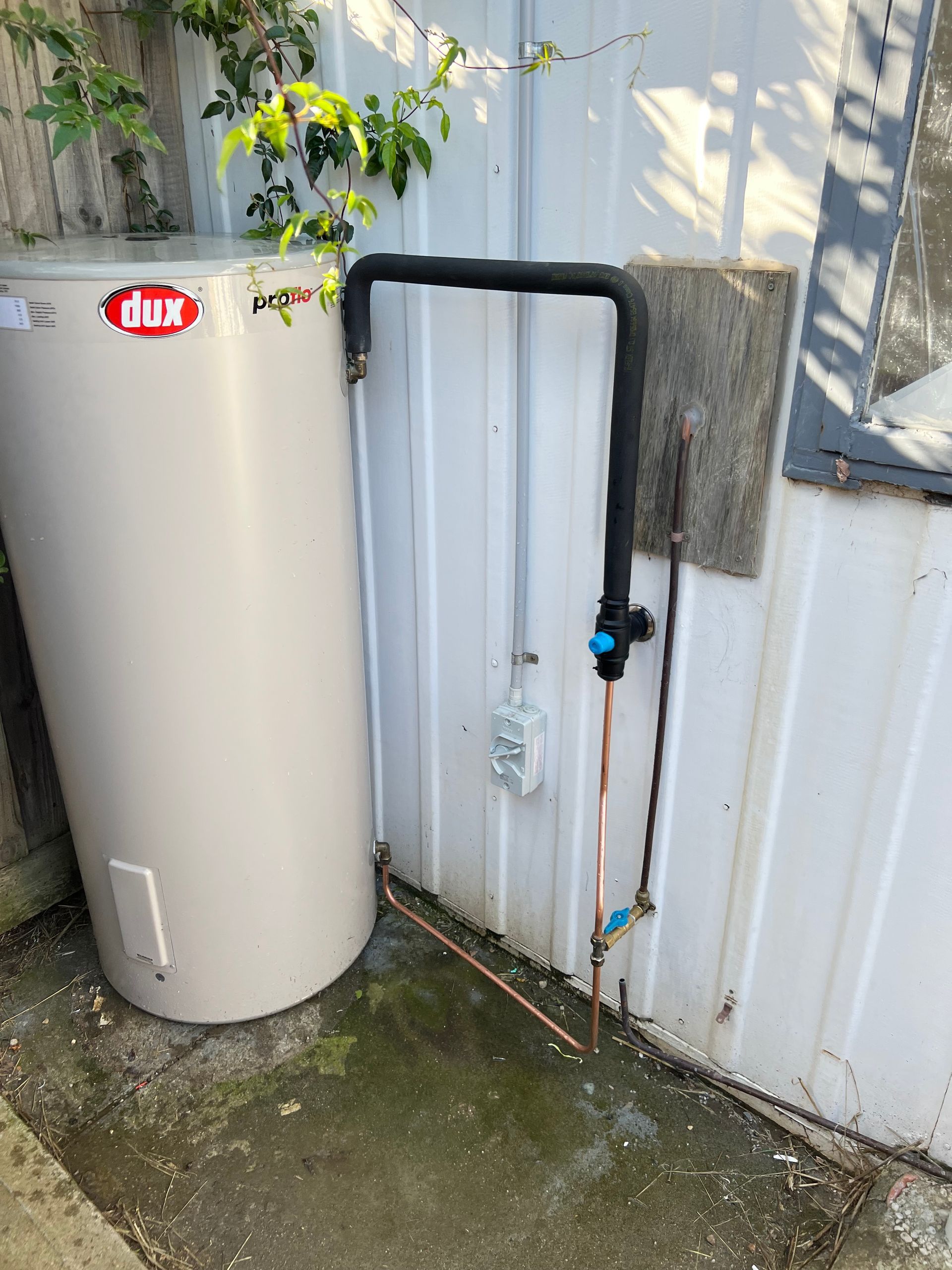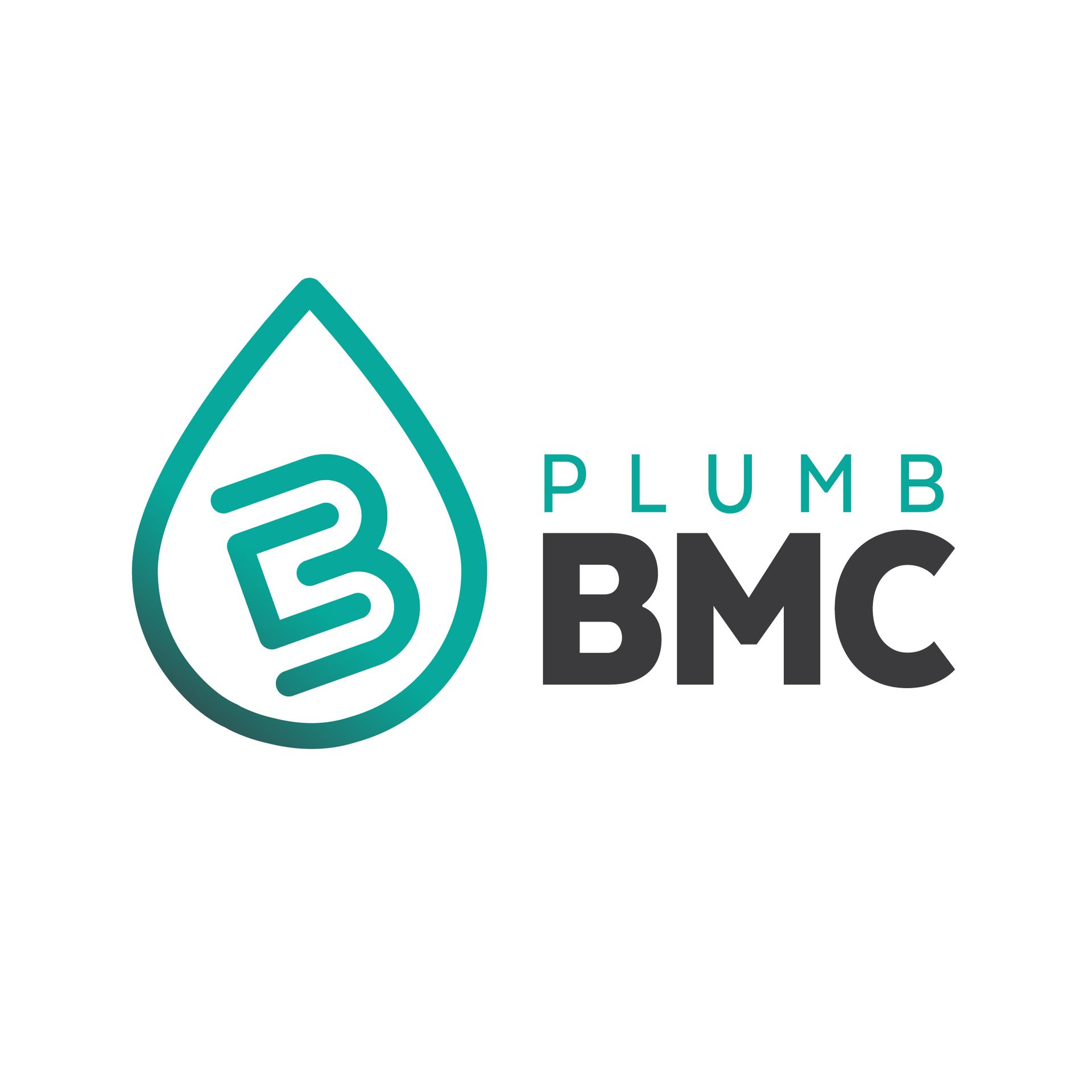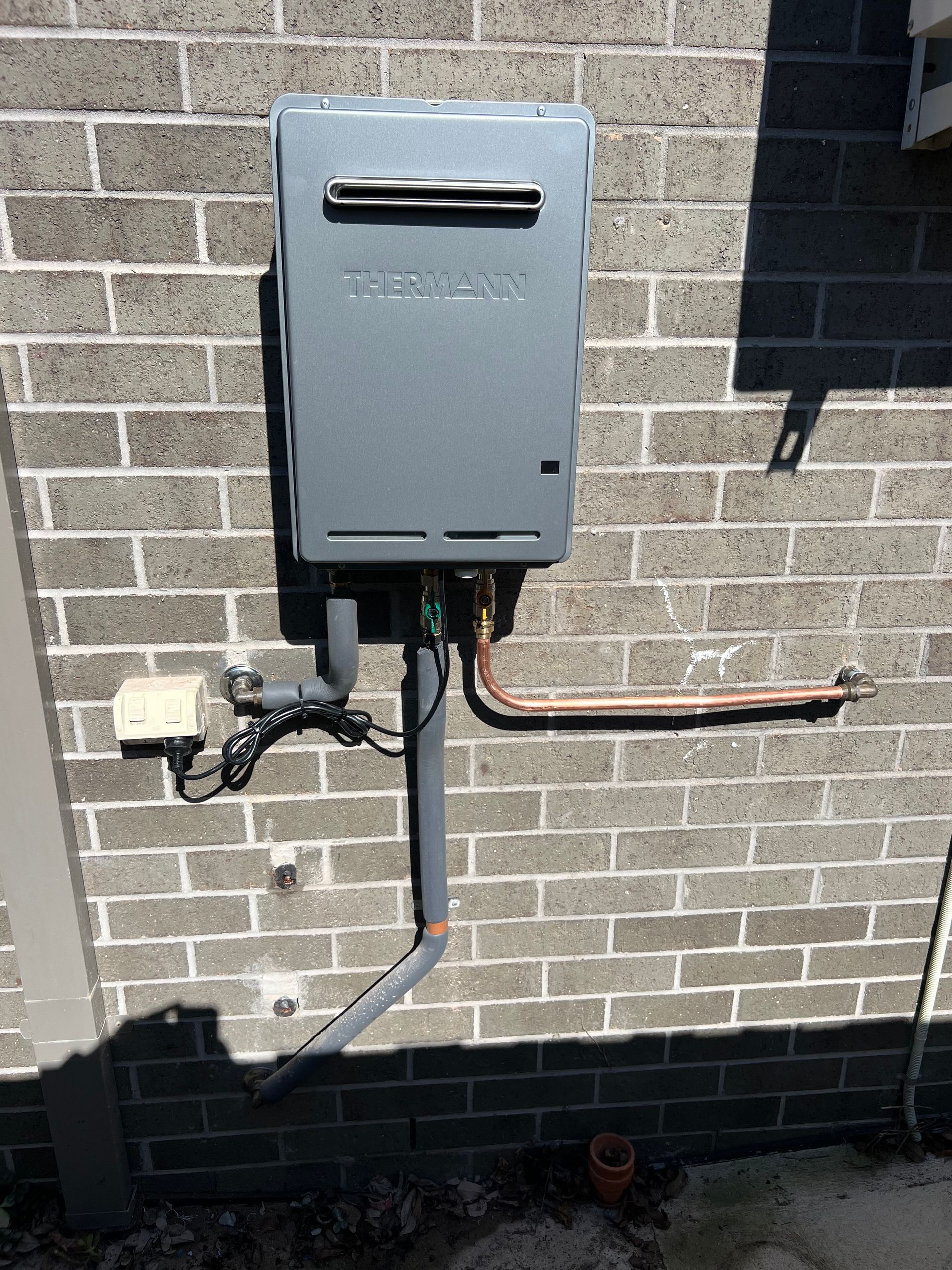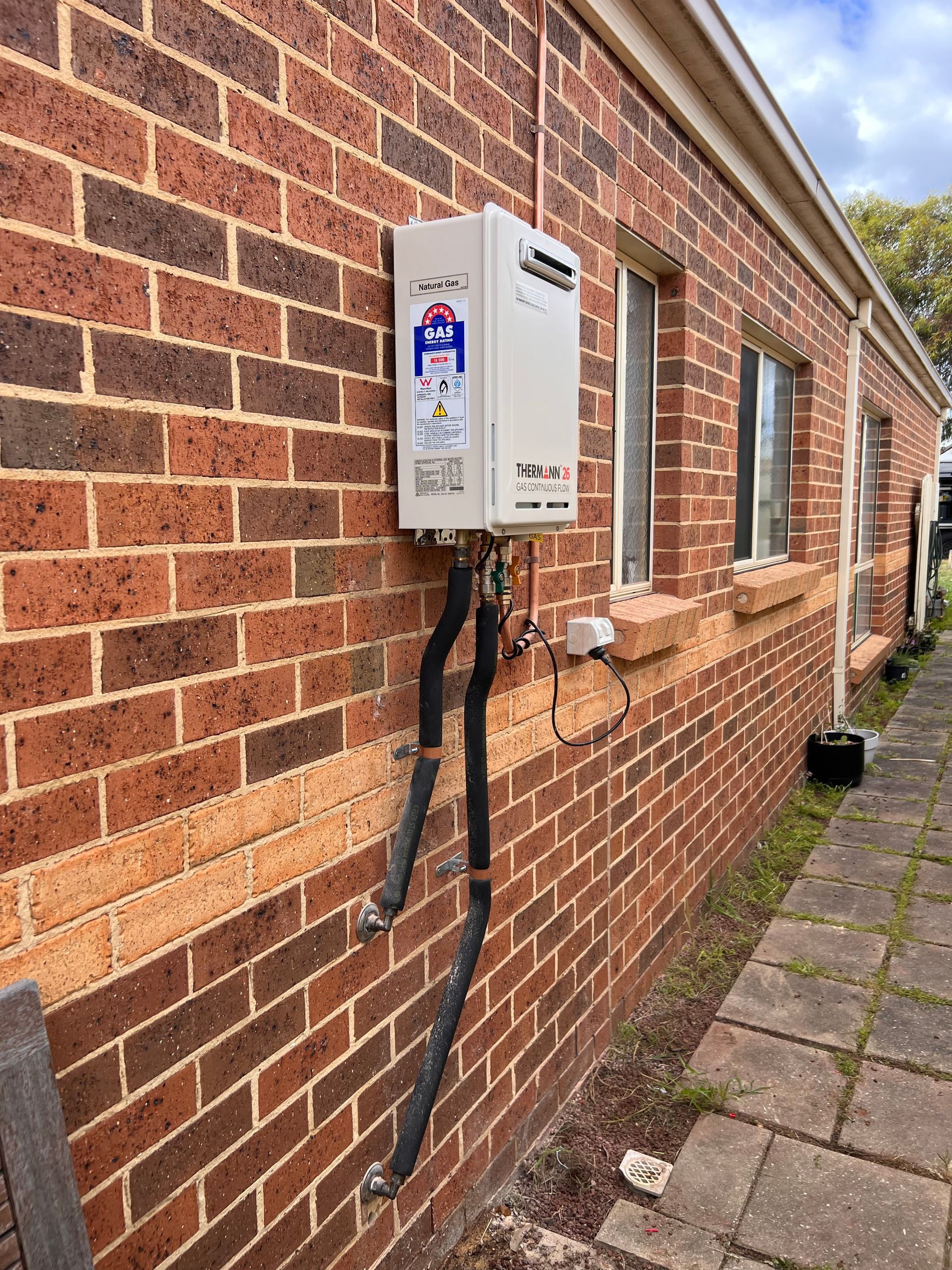Choosing the Right Hot Water Service: A Comprehensive Guide
Introduction:
Selecting the ideal hot water service is a crucial decision that directly impacts your comfort, energy efficiency, and long-term costs. With various options available, it's essential to consider key factors to ensure you make the right choice for your home or business.
1. Energy Efficiency:
Consider the energy efficiency of the hot water system. Energy-efficient models can lead to substantial cost savings over time. Look for systems with high energy efficiency ratings and features such as programmable timers and temperature controls.
2. Fuel Source:
Different hot water systems operate on various fuel sources, including electricity, gas, and heat pumps. Evaluate the availability and cost of these fuel sources in your area, and choose a system that aligns with your preferences and budget.
3. System Size:
The size of the hot water system should match the demands of your household or business. A system that's too small may result in insufficient hot water, while an oversized system could lead to unnecessary energy consumption. Consider factors like the number of occupants and daily hot water usage.
4. Upfront and Operating Costs:
Understand the initial installation costs and ongoing operating expenses associated with each hot water service. While some systems may have higher upfront costs, they could offer lower operating costs in the long run, making them a more cost-effective choice.
5. Space Requirements:
Consider the available space for installation. Tankless or compact systems might be more suitable for smaller spaces, while larger homes may require traditional storage tank systems. Evaluate your property's layout and available installation areas.
6. Climate Considerations:
Your local climate can impact the efficiency of certain hot water systems. For example, heat pump systems may be more effective in moderate climates, while gas or electric systems could be preferable in areas with extreme temperature fluctuations.
7. Maintenance Requirements:
Different hot water systems have varied maintenance needs. Assess the maintenance requirements and costs associated with each option. Systems with minimal maintenance needs may be preferable for convenience and long-term savings.
8. Brand Reputation and Warranty:
Research the reputation of hot water system brands. Reliable brands often provide better quality and durability. Additionally, check the warranty offered with the system to ensure you have adequate coverage for potential issues.
Conclusion:
Choosing the right hot water service requires careful consideration of factors such as energy efficiency, fuel source, system size, costs, space requirements, climate considerations, maintenance needs, and brand reputation. At plumb bmc, we are committed to helping you navigate these considerations and find the perfect hot water solution tailored to your specific needs.
Contact us today to discuss your hot water requirements and benefit from our expertise in providing efficient, reliable, and cost-effective hot water services.
Gas Continuous Flow Hot Water: Instant Comfort with Efficiency
Welcome to the future of hot water solutions – Gas Continuous Flow Hot Water Systems. At plumb bmc, we're excited to introduce you to this innovative technology that provides instant hot water on demand while delivering exceptional energy efficiency. Let's explore the pros and cons of this cutting-edge system to help you make an informed decision.
Pros:
1. Uninterrupted Hot Water:
- Enjoy a continuous supply of hot water whenever you need it. Gas continuous flow systems provide instant heating, eliminating the wait time associated with traditional storage tanks.
2. energy Efficiency:
- One of the standout features is its energy efficiency. These systems only heat water when it's required, reducing standby heat loss. This can lead to significant energy savings and lower utility bills over time.
3. Compact Design:
- Ideal for homes with limited space, gas continuous flow units have a compact design suitable for outdoor installations, giving you flexibility in placement.
4. Temperature Control:
- Gain precise control over water temperature. Most gas continuous flow systems come with adjustable temperature settings, allowing you to customize the heat according to your preferences.
5. Endless Supply:
- Bid farewell to running out of hot water during peak usage times. With gas continuous flow, the supply is endless, making it perfect for households with varying hot water needs.
Cons:
1. Higher Upfront Costs:
- The initial cost of installing a gas continuous flow system might be higher compared to traditional storage tanks. However, the long-term energy savings often balance this investment.
2. Dependency on Gas Supply:
- These systems rely on a constant supply of natural gas or propane. Interruptions to the gas supply can affect performance.
3. Installation Complexity:
- Professional installation is essential, and adjustments to existing plumbing and gas lines may be required. This can add to the upfront costs and installation time.
4. Potential Temperature Fluctuations:
- In some cases, users may experience temperature fluctuations, especially if multiple hot water outlets are used simultaneously.
Conclusion:
Gas Continuous Flow Hot Water Systems offer unparalleled convenience and efficiency. While the upfront costs and dependency on gas supply are considerations, the continuous hot water supply and energy savings make them a compelling choice. Contact plumb bmc for expert advice and seamless installation of your gas continuous flow system.
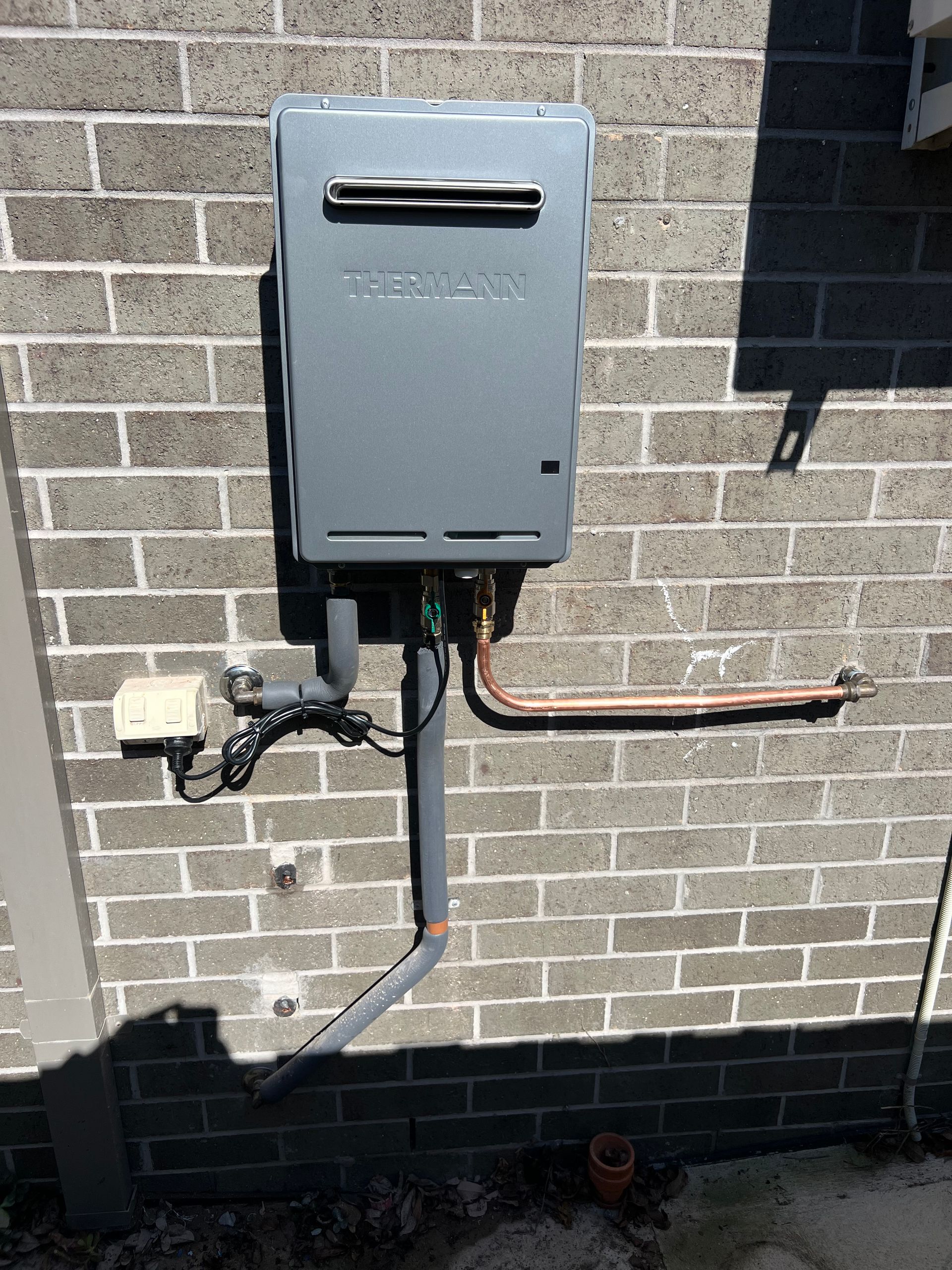
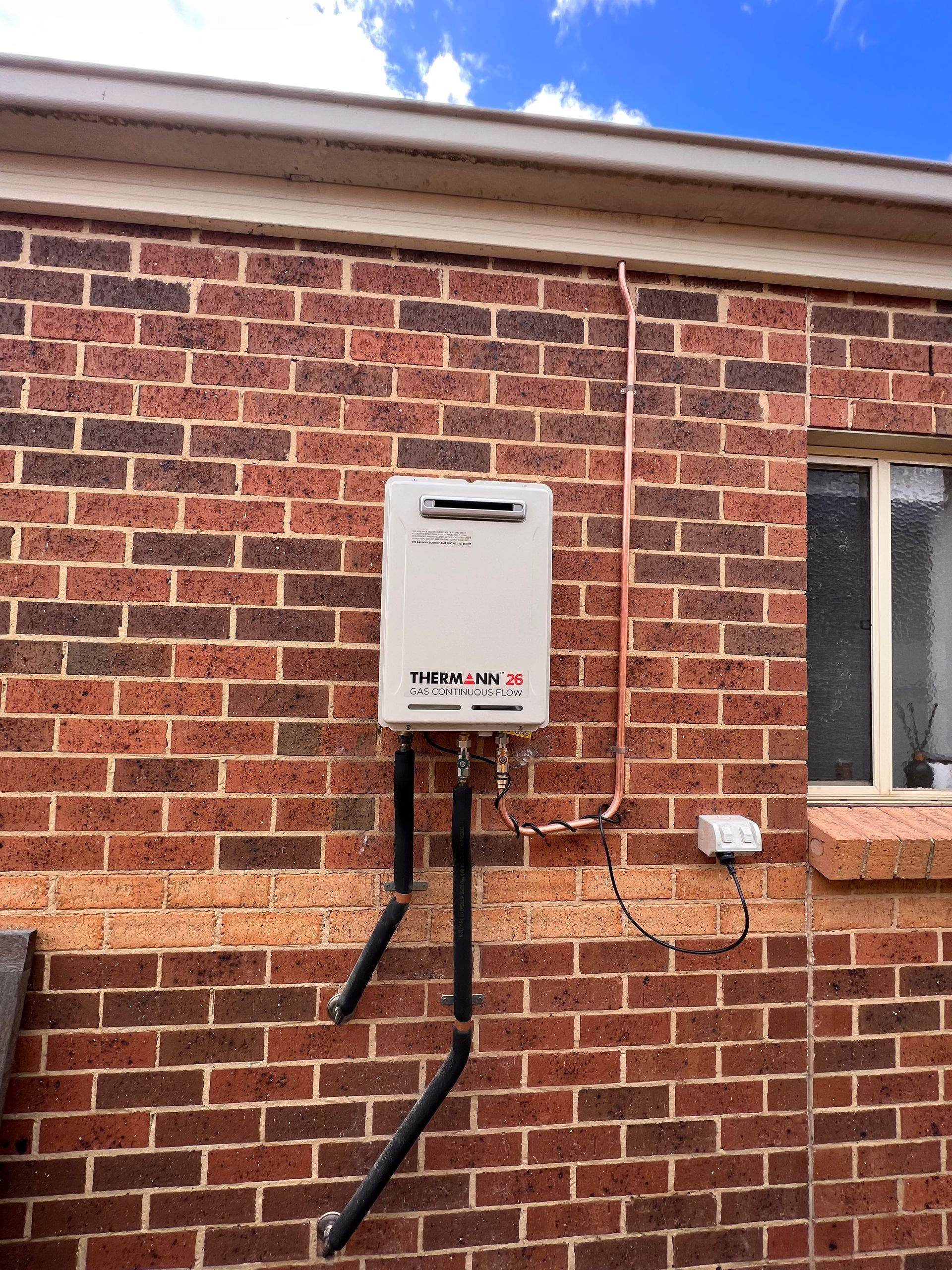
Sustainable Comfort: Heat Pump Hot Water Systems Unveiled
Embark on a journey towards sustainable comfort with Heat Pump Hot Water Systems from plumb bmc. These innovative systems leverage advanced technology to provide energy-efficient and environmentally friendly hot water solutions. Explore the pros and cons of this eco-conscious option to make an informed decision for your home.
Pros:
1. High Energy Efficiency:
- Heat pump systems extract heat from the air or ground, making them highly energy-efficient. This translates to lower operating costs and reduced environmental impact.
2. Lower Operating Costs:
- Due to their efficiency, heat pump systems often have lower operating costs compared to traditional electric or gas systems, contributing to long-term savings.
3. Environmentally Friendly:
- Heat pumps produce fewer greenhouse gas emissions, aligning with eco-conscious living and reducing your carbon footprint.
4. Versatility:
- Some heat pump systems offer dual functionality, providing both hot water and air conditioning. This versatility adds value to the system and enhances comfort in your home.
5. Suitable for All Climates:
- While air-source heat pumps may be affected by extreme temperatures, ground-source heat pumps work efficiently in various climates, ensuring consistent hot water availability.
Cons:
1. Higher Initial Costs:
- Heat pump systems generally have higher upfront costs compared to traditional water heaters, which may be a deterrent for some customers.
2. Weather Dependency (Air-Source):
- Air-source heat pumps may experience reduced efficiency in very cold or hot weather, affecting their performance.
3. Installation Complexity:
- Professional expertise is often required for installation, and adjustments to existing plumbing and electrical systems might be necessary.
4. Noise Levels:
- Some heat pump systems can produce noise during operation, which may be a consideration for users sensitive to sound.
Conclusion:
Heat Pump Hot Water Systems offer a sustainable and efficient solution for eco-conscious homeowners. While initial costs and installation complexity are factors to consider, the long-term benefits in terms of energy efficiency and environmental impact make them a compelling choice. Contact plumb bmc for expert advice and seamless installation of your heat pump hot water system.
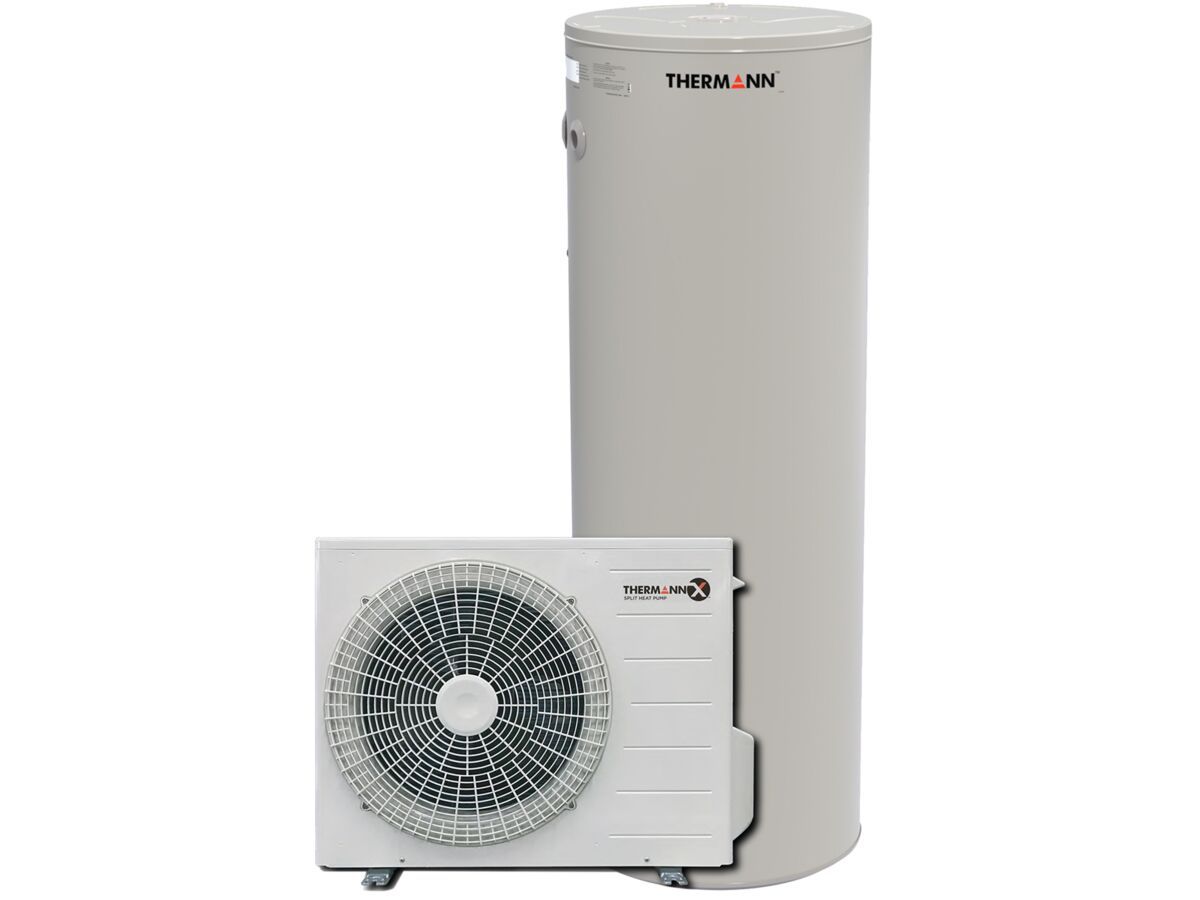
Efficient Comfort: Gas Storage Hot Water Systems Explained
Discover reliable and efficient hot water solutions with Gas Storage Hot Water Systems from plumb bmc. These systems provide a constant supply of hot water with the added benefit of energy efficiency. Let's delve into the pros and cons of this tried-and-true technology to help you make an informed decision for your home.
Pros:
1. Consistent Hot Water Supply:
- Gas storage systems maintain a consistent supply of hot water, making them suitable for households with varying hot water needs. The stored water is readily available for use.
2. Availability During Power Outages:
- Enjoy hot water even during power outages. Gas storage units can operate independently of electricity, providing a reliable source when needed.
3. Lower Upfront Costs:
- Gas storage systems generally have lower initial installation costs compared to some alternative hot water options, making them an economical choice for many.
4. Suitable for Larger Families:
- With the ability to store a significant volume of hot water, gas storage units are well-suited for larger families or homes with higher hot water demands.
5. Simple Installation:
- Installation is typically straightforward, and existing plumbing setups can often accommodate gas storage systems with minimal modifications.
Cons:
1. Standby Heat Loss:
- The system continuously keeps water hot, leading to standby heat loss. This can contribute to higher energy bills over time, especially if insulation is inadequate.
2. Limited Hot Water Supply:
- Once the stored hot water is depleted, users may need to wait for the system to heat up more water. During periods of high demand, temporary shortages may occur.
3. space Requirements:
- Gas storage units require dedicated space for the storage tank. This can be a consideration for homes with limited installation options or smaller spaces.
4. Environmental Impact:
- The continuous heating of stored water may result in a higher environmental impact compared to more energy-efficient options.
Conclusion:
Gas Storage Hot Water Systems strike a balance between reliability and cost-effectiveness. While considerations like standby heat loss and space requirements exist, the consistent hot water supply and lower upfront costs make them a popular choice. Contact plumb bmc for expert advice and seamless installation of your gas storage hot water system.
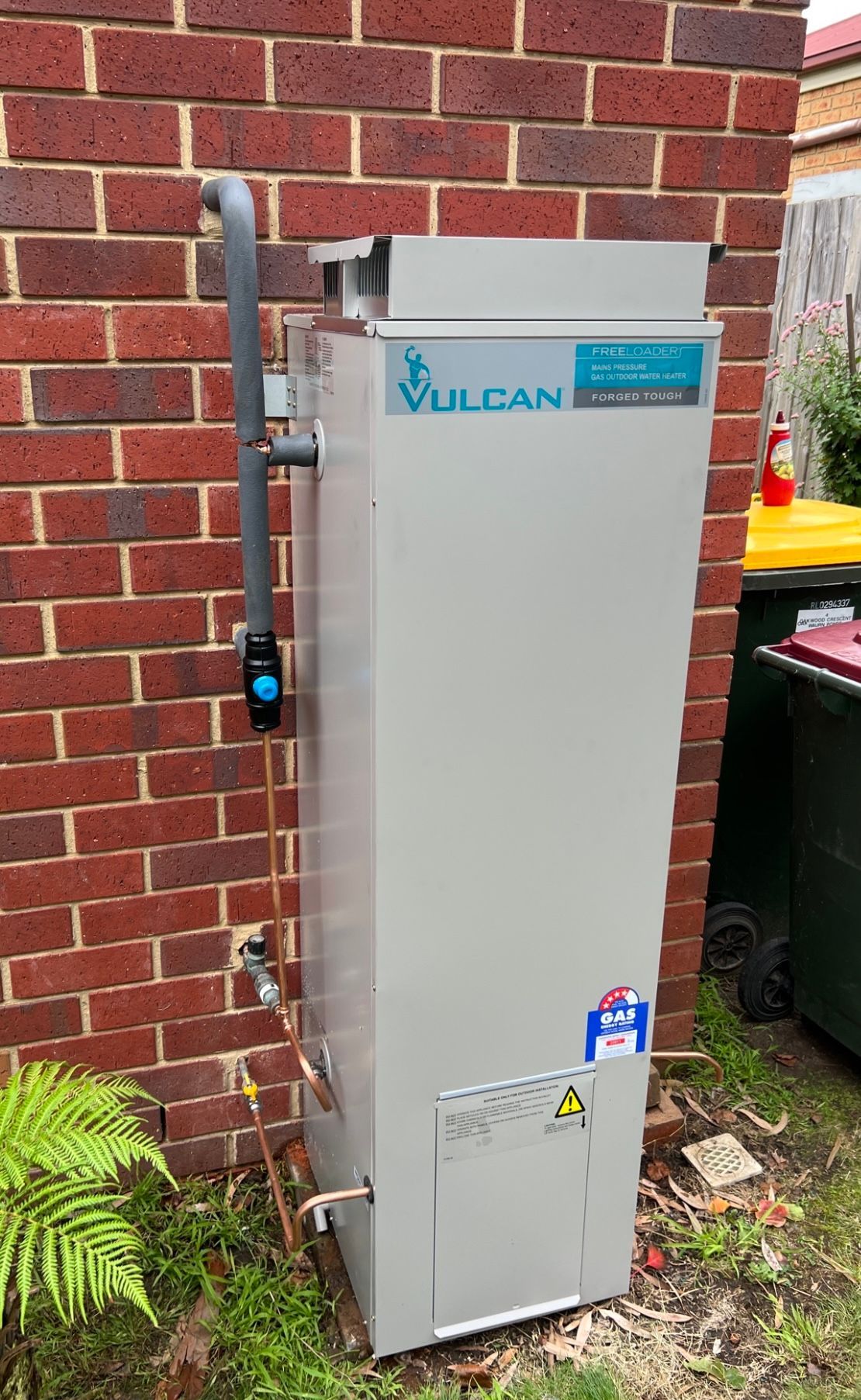
Convenient Warmth: Electric Storage Hot Water Systems Unveiled
Step into a world of convenience with Electric Storage Hot Water Systems from plumb bmc. Designed for simplicity and reliability, these systems provide a consistent supply of hot water for your home. Explore the pros and cons of this trusted technology to make an informed choice for your hot water needs.
Pros:
1. Lower Upfront Costs:
- Electric storage systems generally have lower initial installation costs compared to some alternative hot water options, making them a cost-effective choice.
2. Ease of Installation:
- Installation is straightforward, and existing plumbing setups can often accommodate electric storage systems with minimal modifications.
3. Availability During Power Outages:
- Enjoy hot water even during power outages. Electric storage units can operate independently of gas supply, providing a reliable source when needed.
4. Consistent Hot Water Supply:
- Electric storage systems maintain a consistent supply of hot water, suitable for households with varying hot water needs. The stored water is readily available for use.
5. Suitable for Smaller Spaces:
- Electric storage units are often more compact than gas storage alternatives, making them suitable for smaller homes or spaces with limited installation options.
Cons:
1. Higher Running Costs:
- Electric storage systems can have higher operational costs compared to gas alternatives, especially during peak electricity tariff periods.
2. Standby Heat Loss:
- The system continuously keeps water hot, leading to standby heat loss. This can contribute to higher energy bills over time.
3. Limited Hot Water Supply:
- Once the stored hot water is depleted, users may need to wait for the system to heat up more water, causing temporary shortages during periods of high demand.
4. Environmental Impact:
- Continuous heating of stored water may result in a higher environmental impact compared to more energy-efficient options.
5. Slower Heating Time:
- Electric systems might take longer to heat water compared to gas alternatives, impacting the availability of hot water during peak demand times.
Conclusion:
Electric Storage Hot Water Systems offer a straightforward and reliable solution for consistent hot water supply. While considerations like operational costs exist, the lower upfront costs and ease of installation make them a practical choice. Contact plumb bmc for expert advice and seamless installation of your electric storage hot water system.
